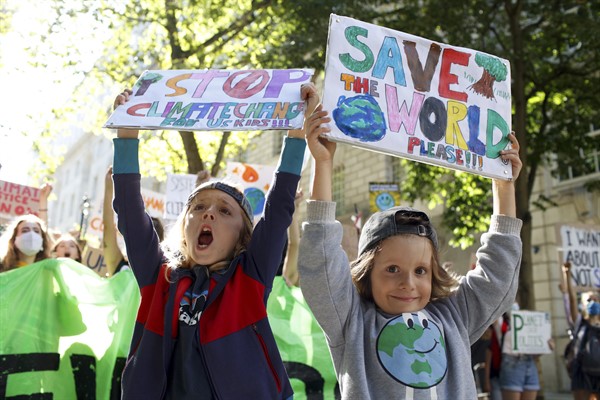At the heart of the international system lies a seemingly intractable tension between sovereignty and cooperation. The United Nations is a collection of states that, while recognizing the need for collaboration in global governance, still seek to retain their independence. This tension haunts the international community as a whole, but it is the people of the future who will pay the heaviest price.
The major challenges facing humanity in the 21st century are borderless and intergenerational. Climate change will wreak havoc in every corner of the world and will only grow worse if we fail to act now. Similarly, lawlessness in cyberspace threatens people’s liberty and security with no respect for borders, and especially harms the world’s young people. Such challenges can only be tackled through “networked, inclusive and effective multilateralism,” as United Nations Secretary-General Antonio Guterres put it.
Nevertheless, actors in the international system, clinging to outdated fears about losing their independence, are stymying cooperation. In doing so, they risk two terrible consequences.

